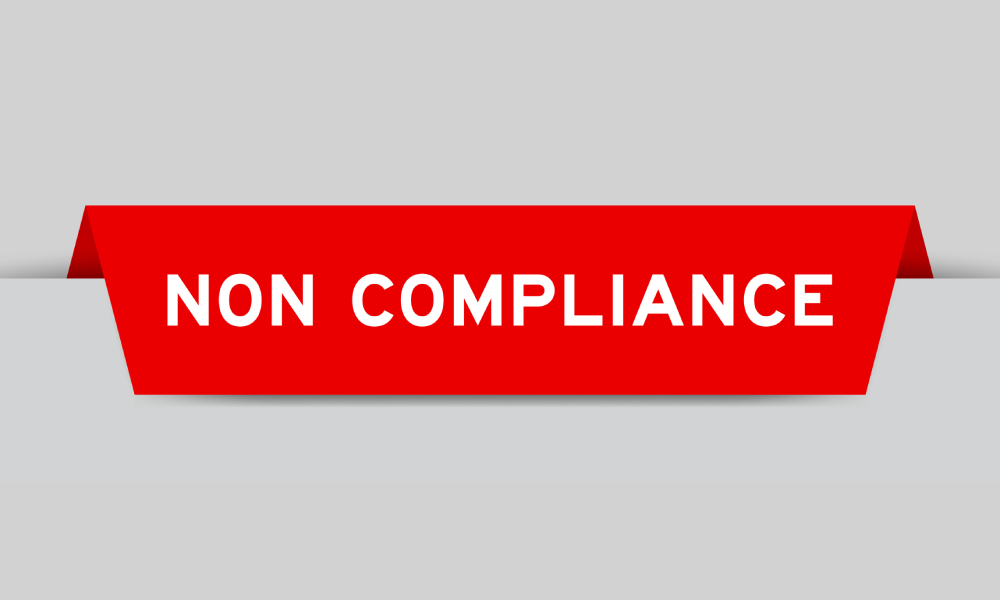Why Being Non-Compliant Is Bad for Your Business

Keeping your construction business compliant secures your future, reputation, and bottom line. The consequences of non-compliance can be severe. This blog will walk you through what non-compliance is, its impact, and why being non-compliant is bad for your business.
Non-compliance involves not adhering to legal and ethical standards and can range from ignoring safety protocols to underreporting taxes. Maintaining compliance is crucial for contractors to avoid penalties.
Understanding Non-Compliance
Non-compliance refers to failing to follow laws, regulations, and industry standards. It also means not adhering to safety guidelines, skipping permits, or ignoring labor laws. Neglecting these rules puts your business at risk and endangers the community. Non-compliance can lead to accidents, financial losses, and a damaged reputation. Understanding what safety regulation non-compliance is can help contractors take the necessary steps to avoid pitfalls.
The Financial Impact
The financial repercussions of non-compliance can be staggering. Direct costs include fines, legal fees, and compensation payments. Indirect costs, though less visible, can be equally damaging. These include increased insurance premiums, lost business opportunities, and diminished client trust. Over the long term, non-compliance can severely affect your business’s profitability and growth. By staying compliant, you protect your financial health and secure a stable future for your business.
Legal and Reputational Risks
Legal liabilities and potential lawsuits are significant risks of non-compliance. Contractors can face hefty fines, legal battles, and even jail time! Beyond the legal ramifications, non-compliance can tarnish your reputation. Clients and partners want to work with reliable businesses that operate within the law. Once your reputation takes a hit, rebuilding trust can be incredibly challenging. Staying compliant helps you avoid legal troubles and maintain a positive industry standing.
Strategies for Compliance
Ensuring compliance requires a proactive approach. Start by familiarizing yourself with the regulations and standards of your industry. Train your team so that they understand the compliance requirements.
Regular audits can help you identify potential issues before they become major problems. Training programs and workshops can keep everyone updated on the latest regulations. Building a culture of compliance within your team is essential for long-term success.
The Role of Technology
Technology can play a significant role in streamlining compliance. For instance, compliance management software can automate tasks, track deadlines, and generate reports, making it easier to stay on top of regulations and ensure nothing slips through the cracks.
Understanding why non-compliance is bad for your business will help you avoid legal troubles and maintain a strong reputation. Compliance is a business imperative. Assess your current compliance status, and take the necessary steps to ensure you meet all standards.
[/et_pb_text][/et_pb_column][/et_pb_row][/et_pb_section]




